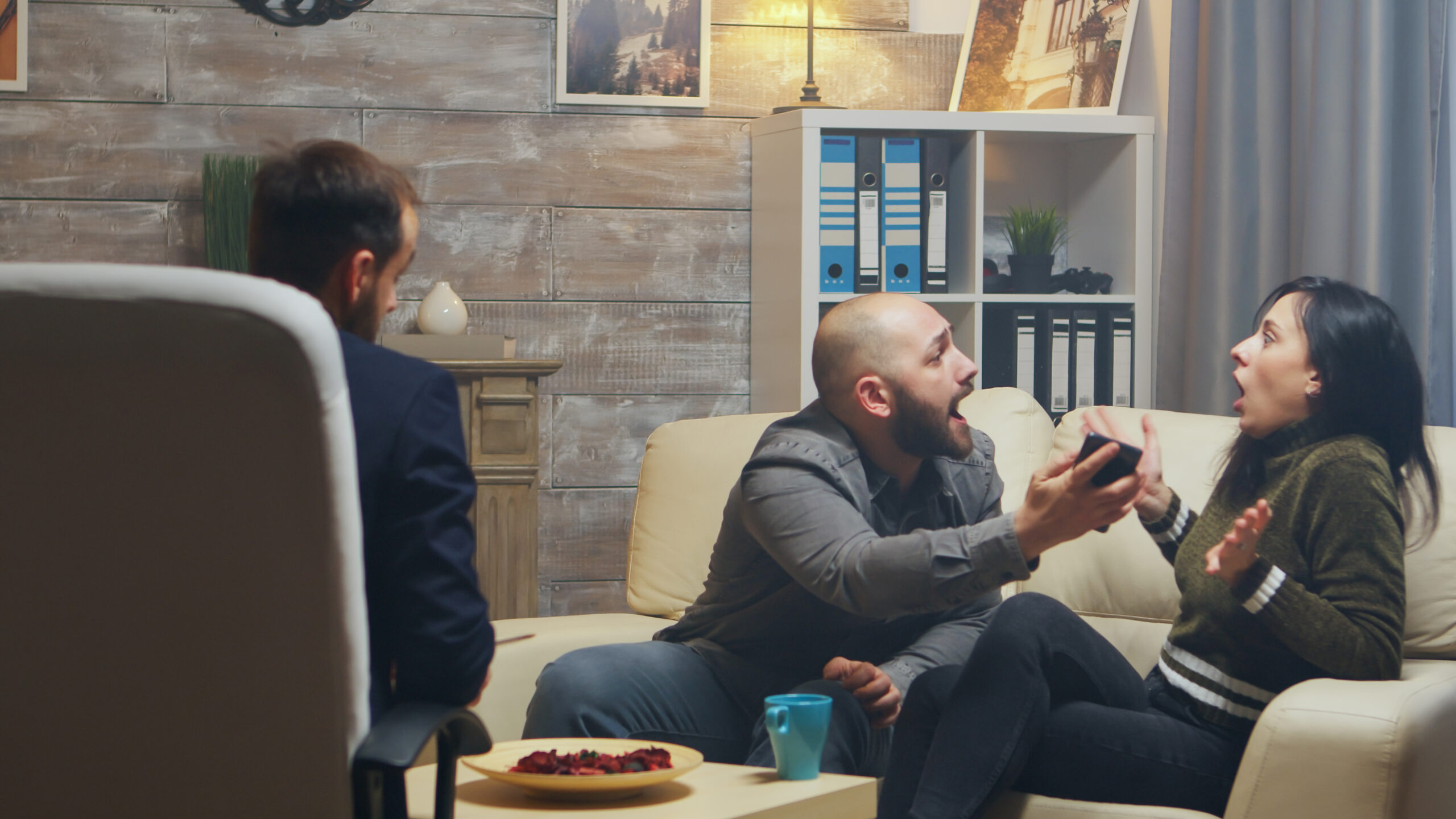4 Tips to Get Over a Toxic Relationship by a Psychologist
Leaving a toxic relationship is never just about walking away. It is about untangling your identity, thoughts, and feelings from someone who may have drained your energy or distorted your sense of self.
Even after the breakup, many people find themselves replaying conversations in their heads or questioning if it was really that bad. The truth is, toxic dynamics have a way of making you doubt your instincts. Healing takes time, but more importantly, it takes clarity and intentional steps.
These four tips come from the real-life struggles of individuals who have faced emotional harm and learned how to rebuild themselves, piece by piece.
1. Call It What It Was and Stop Romanticizing It

After a breakup, it is easy to look back and focus only on the better moments. You remember the times when they were kind, the late-night talks, or those moments when you truly believed things would change.
But if a relationship left you feeling anxious, small, manipulated, or emotionally worn out, then those good moments do not cancel out the harm.
Instead of rewriting the past, give yourself permission to see the relationship for what it really was. Write it down if needed. List the behaviors that hurt you. Was there constant criticism? Emotional withdrawal? Control disguised as care?
Understanding the patterns helps your mind stop searching for closure. It reminds you that healing does not require their apology. It only requires your honesty.
2. Rebuild Your Routine, Not Just Your Self-Esteem
After a toxic relationship ends, what most people miss is not always the person—it is the routine. You may find yourself waking up and feeling a void. There is no morning text, no one to vent to after work, no shared dinner plans.
This emotional withdrawal is real and painful. To manage it, start by creating small anchors in your day. Simple habits that make your day feel structured and yours again.
It could be a morning walk, brewing your coffee mindfully, journaling before bed, or spending time with a trusted friend at a regular hour.
The point is to reclaim your day. Toxic relationships often consume so much mental space that you forget what your life felt like before. By slowly filling the empty time with something consistent and safe, you remind your brain that life still has rhythm and predictability—even without them.
3. Notice What You Tolerated and What It Cost You

One of the most healing things you can do after a toxic relationship is reflect not only on what happened—but also on what it cost you.
Think about the times you stayed silent to avoid a fight. The times you apologized when you were not wrong. The moments you felt like you had to earn love by being more agreeable, more understanding, less emotional.
These are not just memories. They are signs of how your boundaries were crossed or slowly erased.
By recognizing what you tolerated, you begin to understand where you lost pieces of yourself. That clarity is powerful. It shows you that the problem was never that you were too sensitive, too demanding, or too complicated.
It also lays the groundwork for how you will protect yourself in future relationships. You cannot reclaim what you do not name. This is not about blaming yourself—it is about recovering your voice.
4. Let Your Feelings Exist Without Needing to Fix Them Immediately
One of the biggest misconceptions about moving on is that you should feel better in a set number of weeks or months. That if you still cry about it three months later, you are somehow stuck.
The truth is, healing is messy. You might feel okay one day and deeply lonely the next. You might even miss the person who hurt you. This is not a sign of weakness. It is a sign that you are human.
Instead of trying to force yourself to be over it, try this: allow your feelings without chasing a solution. When sadness shows up, acknowledge it. When anger rises, notice it. When numbness takes over, sit with it gently.
Emotional wounds do not heal faster just because you try to ignore them. In fact, the more you allow yourself to feel, the more your brain and body begin to release the emotional grip of the past.
It is not about pushing the pain away. It is about giving it space to breathe, so it eventually loosens its hold on you.
A Glimpse of Healing: A Story From Everyday Life

Let us take Maya for example, a 32-year-old graphic designer in Los Angeles. She had spent two years in a relationship that started off passionate but turned confusing and emotionally draining.
Her partner constantly shifted the blame during arguments and often withdrew for days, making her feel like she was always the one chasing connection.
After the breakup, Maya felt like she had lost her center. She would question every decision she made, wondering if she was the problem.
What helped her begin to heal was not a grand transformation—but the decision to show up for herself in small ways. She started having breakfast outdoors, listening to music she loved, and meeting a colleague for lunch every Friday.
Bit by bit, she noticed how much lighter she felt without the tension of trying to keep someone happy who never offered the same in return. Her confidence came back—not in one wave—but in ripples.
Maya’s story is not about doing everything right. It is about doing enough to come back home to yourself.
Healing Is Not Linear, But It Is Possible
Getting over a toxic relationship does not mean you forget what happened. It means you learn from it, grow beyond it, and decide that you are worthy of a love that does not leave you guessing.
You might not feel strong every day. Some days, you might feel like reaching out, replaying old messages, or doubting everything. That is normal.
But each time you choose not to go back, each time you remind yourself that peace is better than chaos, you are rebuilding a life that feels safer and softer.
No one else gets to define how long it should take or what healing should look like. It is your journey.
Final Thought
There is life after the apology you never got. There is clarity after confusion. There is self-trust after doubt.
And most importantly, there is still love—for yourself, and eventually, from someone who does not leave you wondering if you are enough.
You do not need to be completely healed to start over. You just need to believe that you deserve more than the hurt you walked away from.
If you would like help unpacking these patterns in a safe space, therapists like Dr. Harel Papikian offer online sessions that help individuals work through relationship trauma with depth and care. Whether you are navigating emotional burnout, recovering from manipulation, or just trying to reconnect with yourself again, you do not have to do it alone.
Healing is not about forgetting. It is about finally feeling free.

Leave a Reply